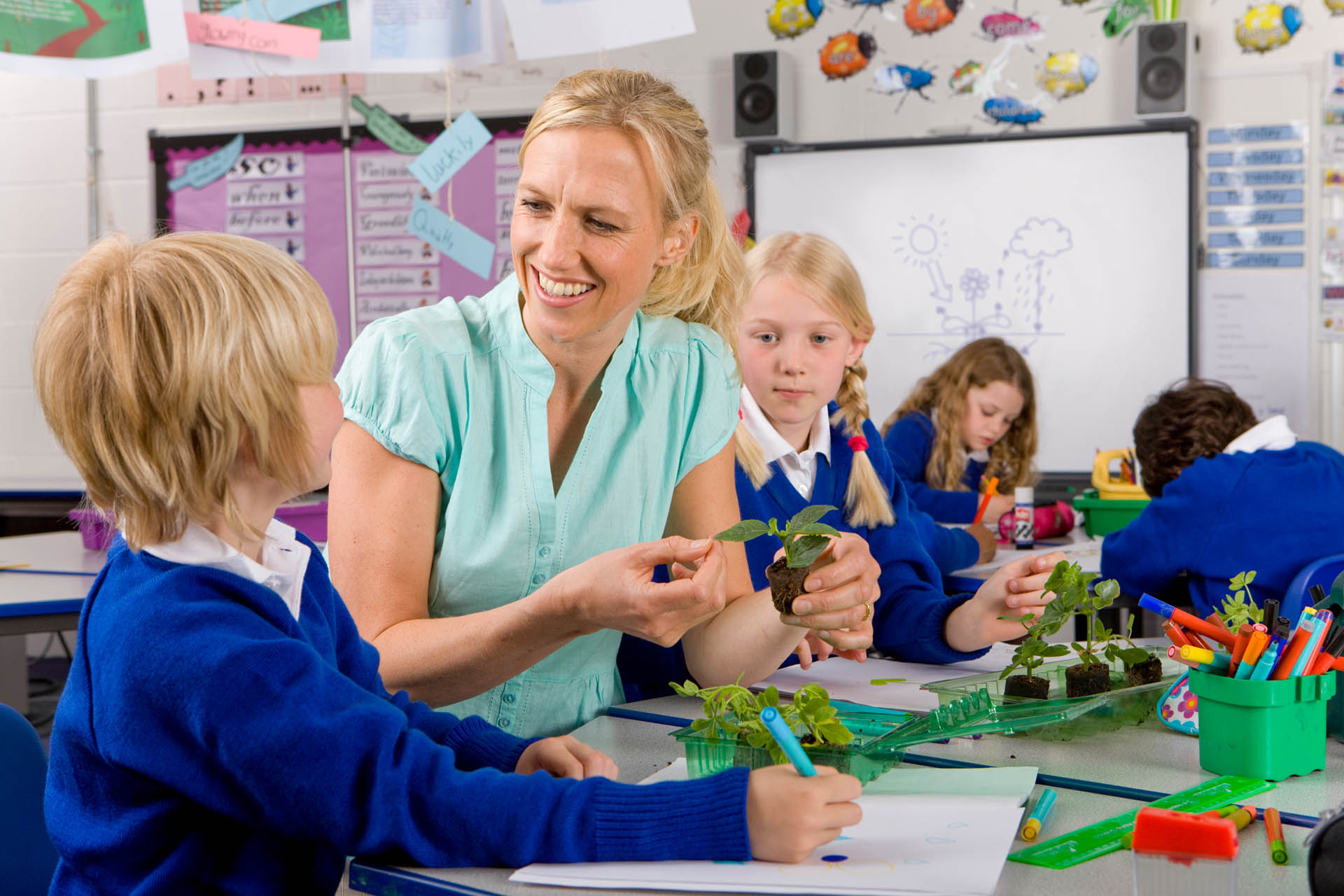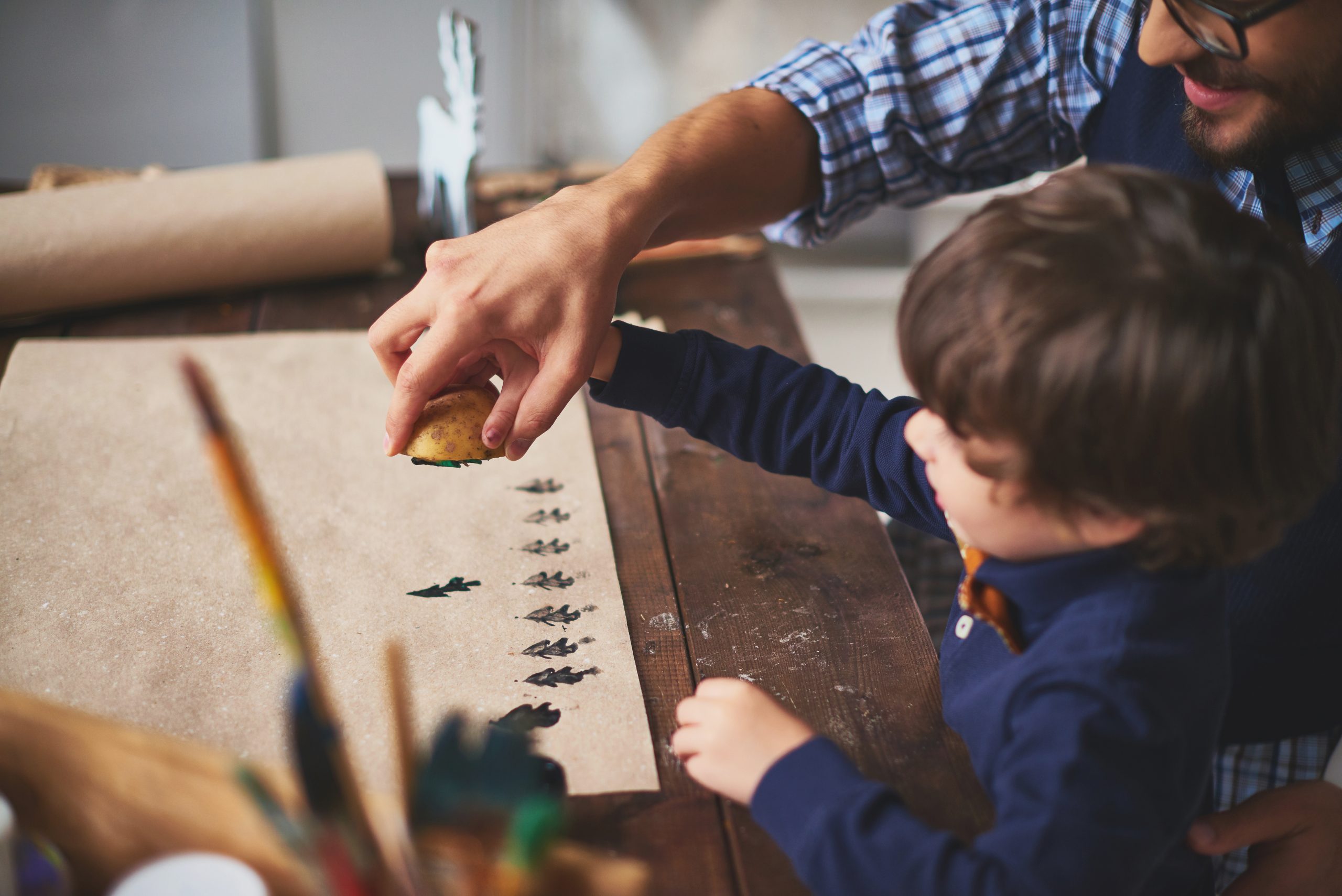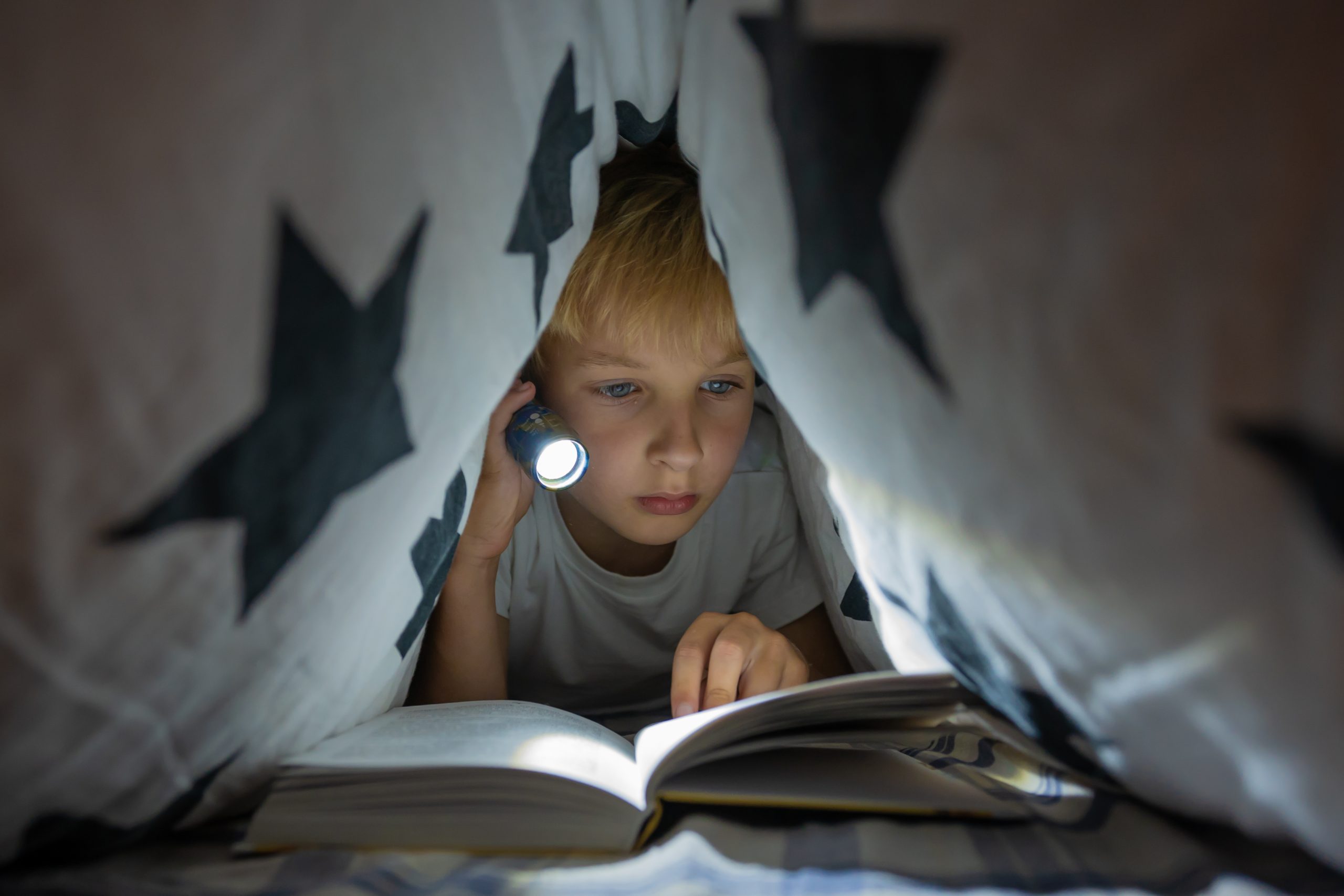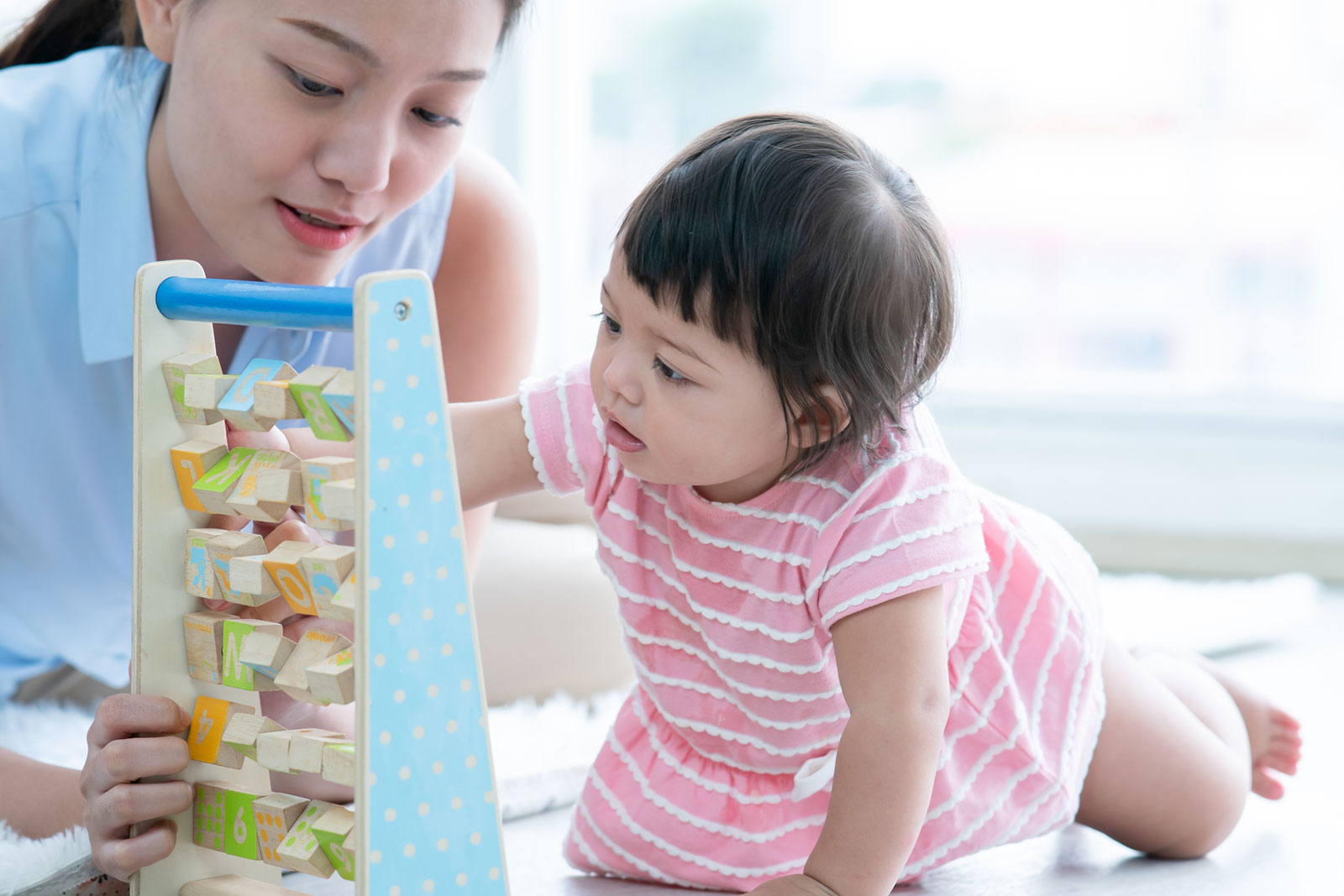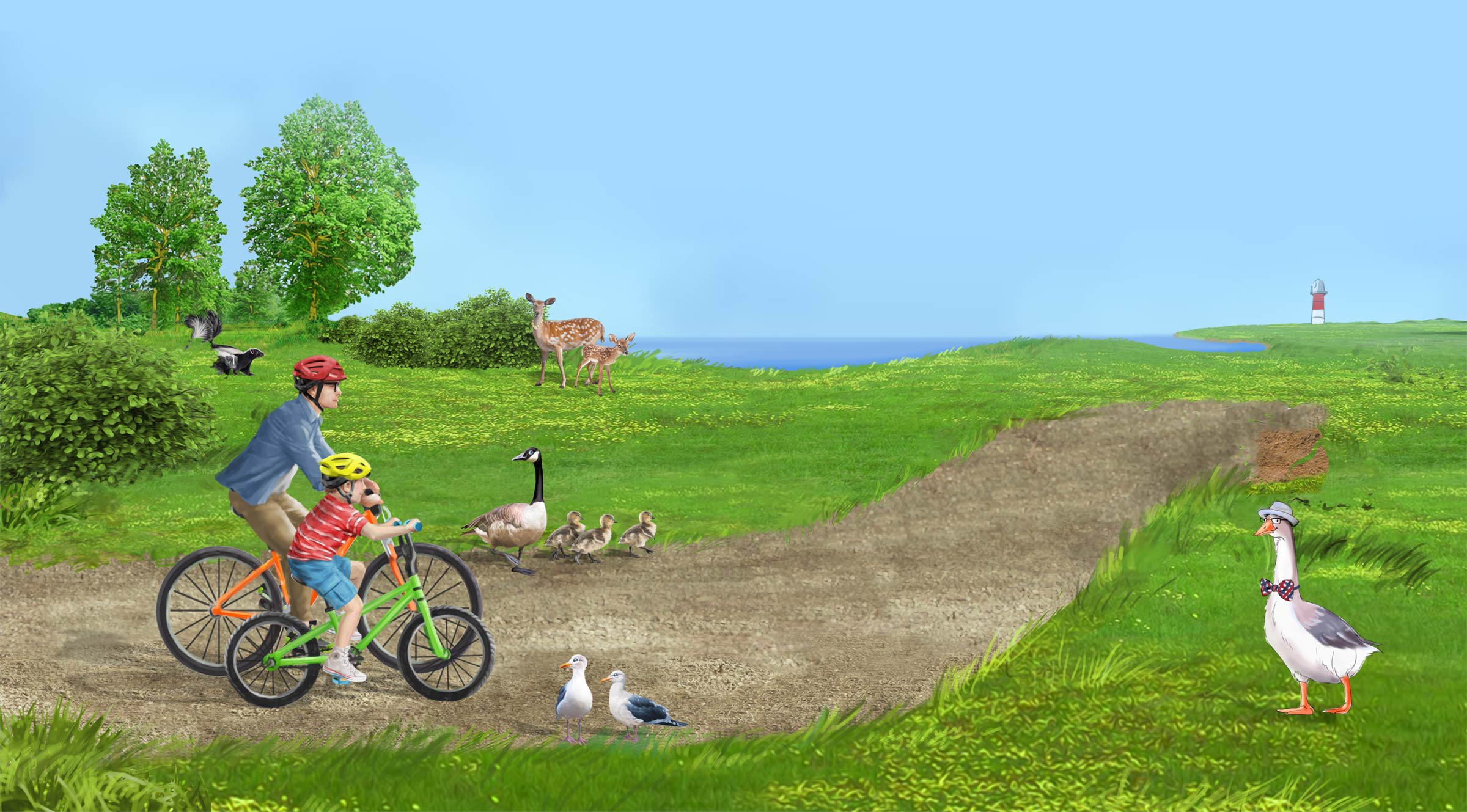Hello there, wonderful parents and guardians!
Nelson Goose here, ready to flap into the fascinating world of primary education in the UK. Have you ever wondered how children learn in primary school? Let’s take a journey together to discover the exciting ways young minds are nurtured and developed during these crucial early years.
Learning through Play
Play is an essential part of learning for young children. Children explore their environment, develop social skills, and learn to solve problems through play. Activities like building blocks, role-playing, and interactive games stimulate creativity and imagination while teaching important concepts such as numbers, shapes, and language skills.
Learning by Observing
Children are natural observers. They learn a great deal by watching the world around them, including the actions and behaviours of adults and peers. In primary schools, teachers model behaviours and skills, allowing children to learn through imitation. This technique helps children understand social norms, develop empathy, and acquire new skills.
Learning through Listening
Listening is a crucial skill that children develop in primary school. Whether it’s listening to a story, instructions from a teacher, or discussions among peers, active listening helps children understand and process information. Teachers use storytelling, songs, and discussions to enhance listening skills and comprehension.
Learning by Reading
Reading opens up a world of knowledge and imagination for children. Primary schools encourage daily reading habits through guided reading sessions, library visits, and storytelling. Reading helps children develop language skills, expand their vocabulary, and improve their ability to focus and concentrate.
Learning through Exploring
Exploration is key to understanding the world. Children learn by exploring their surroundings, asking questions, and seeking answers. Outdoor activities, field trips, and hands-on experiments are excellent ways to encourage exploration. These experiences help children connect with nature, understand scientific concepts, and develop critical thinking skills.
Learning through Experimenting
Experimentation allows children to discover how things work. In primary schools, science experiments, art projects, and building activities allow children to test hypotheses, observe outcomes, and learn from their mistakes. This hands-on approach fosters a love for learning and encourages curiosity.
Learning by Asking Questions
Children are naturally curious and full of questions. Encouraging them to ask questions and seek answers is a powerful way to promote learning. Teachers create an environment where questions are welcomed and valued, helping children develop inquiry skills and a deeper understanding of subjects.
Supporting Individual Learning Styles
Every child learns differently. Some prefer visual aids, while others learn best through hands-on activities or auditory instructions. Primary schools in the UK recognize the importance of catering to individual learning styles and provide a variety of teaching methods to ensure every child can thrive.
Parental Involvement
Parents play a crucial role in a child’s education. Schools encourage parental involvement through regular communication, parent-teacher meetings, and opportunities to participate in school activities. Parents can support their child’s learning at home by reading together, exploring new topics, and encouraging curiosity.
A Holistic Approach
The UK primary education system aims to provide a well-rounded education that supports academic, social, and emotional development. By creating a positive and inclusive learning environment, schools help children develop the skills and confidence they need for the future.
So there you have it, a glimpse into the wonderful ways children learn in primary school. Let’s celebrate the incredible journey of learning and growing!
Happy honking and learning!
Honk-tastically yours, Nelson Goose

